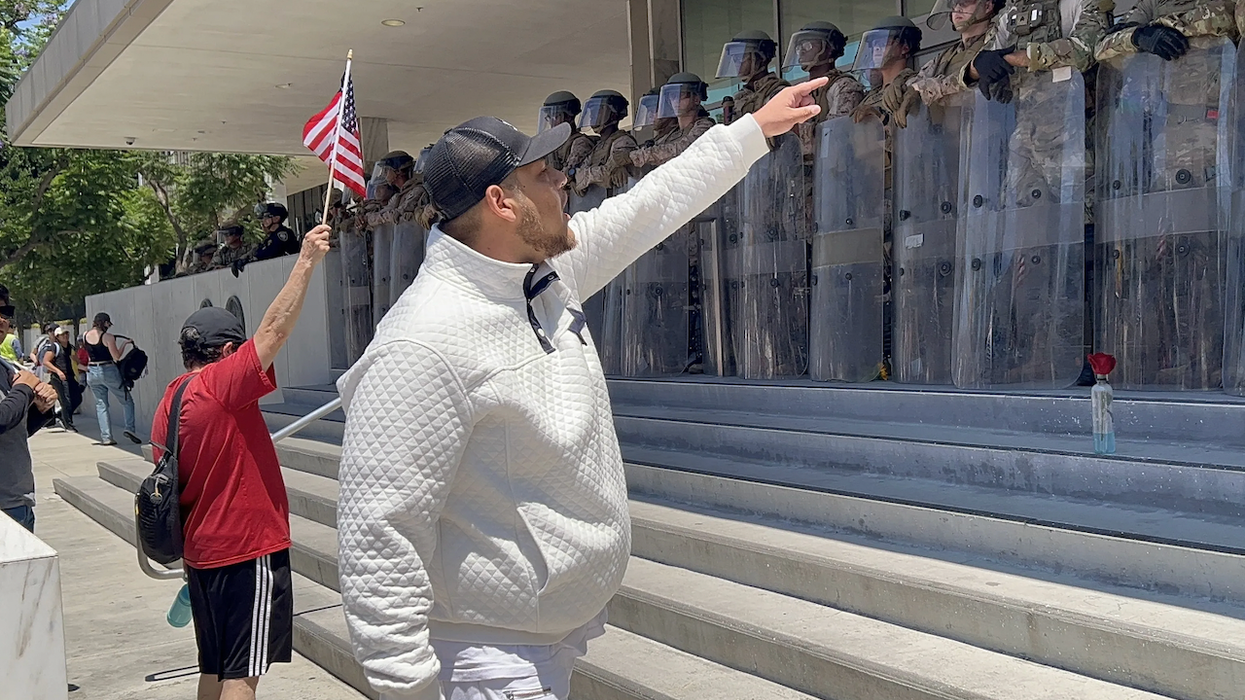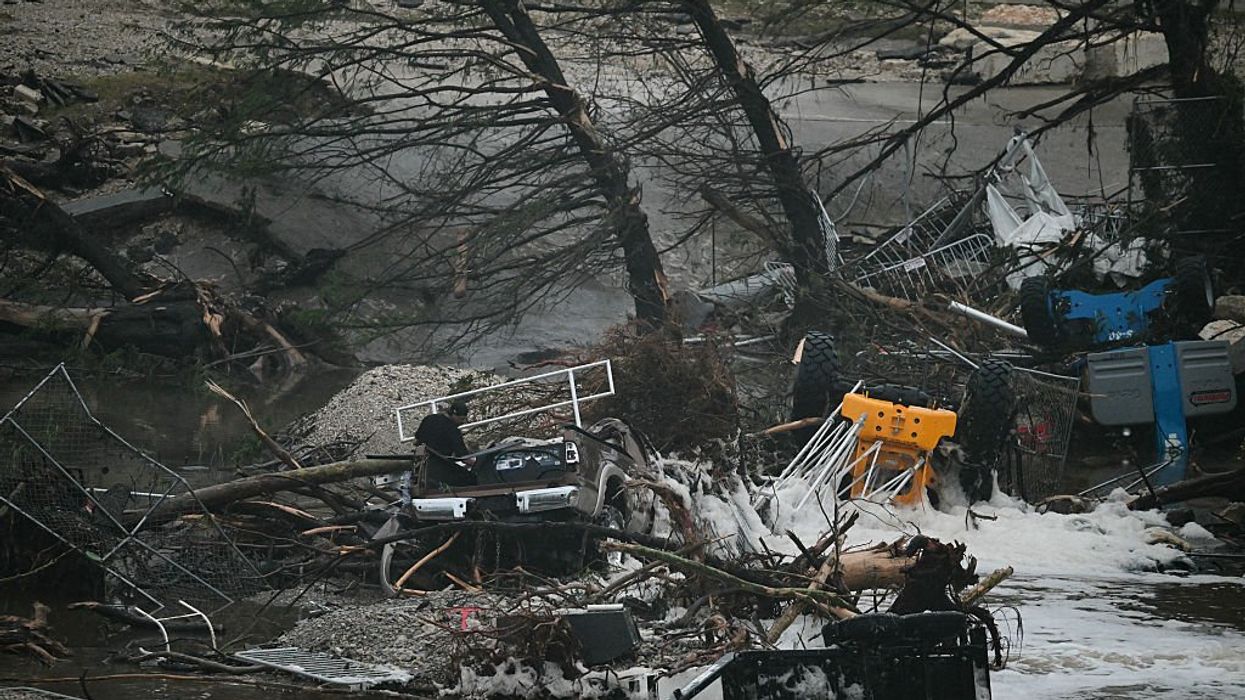
© 2025 Blaze Media LLC. All rights reserved.
Obama Administration Admits It's Done Almost Nothing to Protect Ukraine From Russia
March 10, 2015
Senior Obama administration officials on Tuesday acknowledged that they have taken only minimal steps to protect Ukraine from ongoing Russian aggression, prompting senators from both parties to openly question when the Obama administration will start to help in light of what they called a Russian invasion.
Officials testified at the Senate Foreign Relations Committee, where they said they've delivered only half of the non-lethal aid to Ukraine that the U.S. promised to deliver, and have yet to take much more important steps.

For example, they admitted that sending lethal defensive weapons is still something being considered. They couldn't provide a timeline for when they would start training Ukrainian soldiers. And they continued to say that Russia would still have several more "days" to comply with a ceasefire that was supposed to take effect on Feb. 15.
"Pretty evident that we're not going to do much," Committee Chairman Bob Corker (R-Tenn.) said after hearing that assessment. "Pretty evident that the strong statements that we've made are statements."
The top Democrat on the committee, Sen. Bob Menendez (D-N.J.), indicated that he largely agreed, and argued that while the U.S. is hoping the Russia will someday adhere to the ceasefire, Russia is slowly gaining control of the country.
"We keep working on this aspirational basis, while Russia works effectively to take more and more Ukrainian land," he said. "I don't get it. Unless you change the calculus for [Russian President Vladimir] Putin, this is going to continue."
Late last year, Congress passed legislation giving the Obama administration the authority to send defensive weapons to Ukraine. But when asked when the U.S. might start sending those weapons, a Defense Department official said no decisions have been made.
"We're still working in the interagency [process], reviewing a number of options including lethal defensive weapons, but I can't give you a timetable on when we might have a decision on additional assistance," said Brian McKeon, a deputy undersecretary of Defense.
The U.S. has also pledged to send about $120 million worth of non-lethal aid, but McKeon said only half of that has been sent, in part because the U.S. can't always quickly find the goods to send.
"It's a case of finding it in the stocks of the United States military," McKeon said. "In the case of some equipment, we're purchasing it off the production line."
And on the idea of training Ukrainian officials, McKeon said that's also something that's still being considered. "We have not had a decision, never had a decision on the final timing and scope of it," he said. "We had talked about doing it this month, but it's still under consideration."
Those comments prompted Corker to say it's "incredibly frustrating" to hear these delays, given the urgent situation in Ukraine.
"Russia has invaded Ukraine," he said. "We agreed to protect their territorial sovereignty. In 1994, they gave up 1,240 nuclear weapons. We agreed to protect that."
"And now, as Russia has invaded, we're still not willing to give defensive weapons," he added.
The most immediate issue facing Ukraine is the failure of Russia and Russia-backed separatists to adhere to a ceasefire agreement that was supposed to take hold on Feb. 15. But while the Obama administration has admitted that Russia is not in compliance, a State Department official said the U.S. would continue to give Russia even more time before considering tougher sanctions against Russia.
"In the coming days, not weeks or months — here is what we need to see: a complete ceasefire in all parts of eastern Ukraine," Victoria Nuland, assistant secretary of State for the Bureau of European and Eurasian Affairs.
Nuland's comments followed similar comments from Secretary of State John Kerry from a week ago, when he said he wanted to see full compliance in "the next hours, certainly not more than days." Kerry said that on March 2.
Nuland seemed to resist the idea of saying Ukraine is still undergoing an invasion, and at one point called the takeover of Debaltseve, a rail hub city in eastern Ukraine, a state of "incomplete compliance" with the ceasefire agreement.
"We've seen incomplete compliance in terms of OSCE access, including in Debaltseve, incomplete compliance in terms of OSCE being able to verify the pullback of separatists' heavy weapons," she said, referring to the Organization for Security and Cooperation in Europe.
Want to leave a tip?
We answer to you. Help keep our content free of advertisers and big tech censorship by leaving a tip today.
Want to join the conversation?
Already a subscriber?
more stories
Sign up for the Blaze newsletter
By signing up, you agree to our Privacy Policy and Terms of Use, and agree to receive content that may sometimes include advertisements. You may opt out at any time.
Related Content
© 2025 Blaze Media LLC. All rights reserved.
Get the stories that matter most delivered directly to your inbox.
By signing up, you agree to our Privacy Policy and Terms of Use, and agree to receive content that may sometimes include advertisements. You may opt out at any time.





